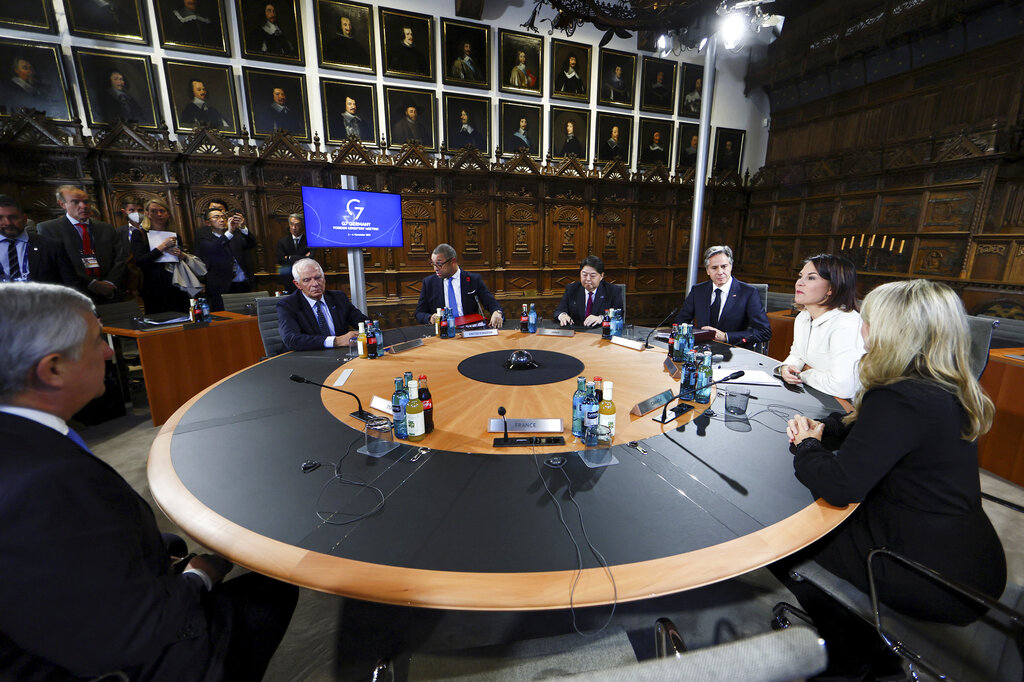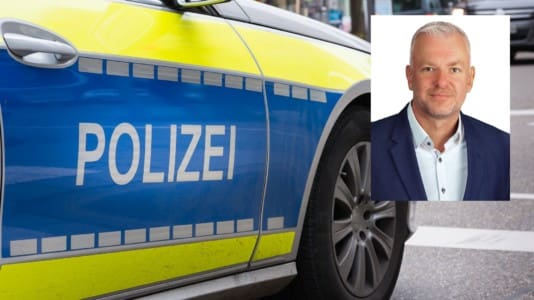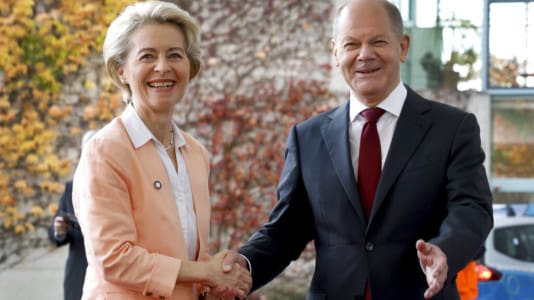Germany’s Foreign Ministry led by the Green Party’s Annalena Baerbock removed the historic Council Cross in the Peace Hall in Münster during the G7 summit.
The Green-led ministry argued that the cross should be removed due to the different religious backgrounds and beliefs of the participant nations; however, despite a number of international events in the city, sources in the city administration say they have never received such a request before.
Baerbock denied being personally involved in the decision to remove the cross.
“It was not a conscious decision, certainly not a political decision, but obviously an organizational decision,” Baerbock commented Friday after meeting with her G7 colleagues. “I would have liked it if we hadn’t put it away.”
However, Baerbock had signed off on the decision herself, raising claims that she is misleading the public.
According to Germany’s Catholic news portal, the diocese of Münster called the measure “incomprehensible” and spoke of a reduced understanding of tolerance. “The cross stands — even if it hasn’t always been observed — for tolerance, peace, and humanity” as well as “for overcoming violence and death,” the diocese explained. The diocese argued that these principles correspond to the objectives of the foreign ministers who met in Münster.
The cross has historical significance for the city of Münster, which is a Catholic stronghold in the Protestant north of Germany. Dating back to 1540, every Münster council member has been sworn in under the cross, unless they expressly waive the addition “So help me God.” Even the Peace of Westphalia of 1648, which ended the devastating 30 Years War, was negotiated in Münster’s historic town hall under the cross.
A number of politicians have condemned the decision, with some citing the city’s Catholic heritage as something that should not be hidden, while others noted that the cross was also a historical object vital to the city’s cultural DNA.
Münster’s Mayor Markus Lewe stated that in his opinion, “this decision should not have been made and I regret it.”
Senior Christian Democratic Union (CDU) politician Thorsten Frei was among those criticizing the move.
“Only those who stand by their own tradition and social character can also approach others openly, confidently, and self-assuredly,” he said. “(The) Christian image of man is precisely the common basis of the liberal and constitutional democracies of the G7 countries.”
This year’s summit was attended by foreign ministers from the United States, France, Japan, Canada, Italy, Great Britain, and Germany. In addition to the perennial topics of poverty reduction, climate protection, and digitization, this year’s talks focused primarily on security policy and the Russia-Ukraine war.






